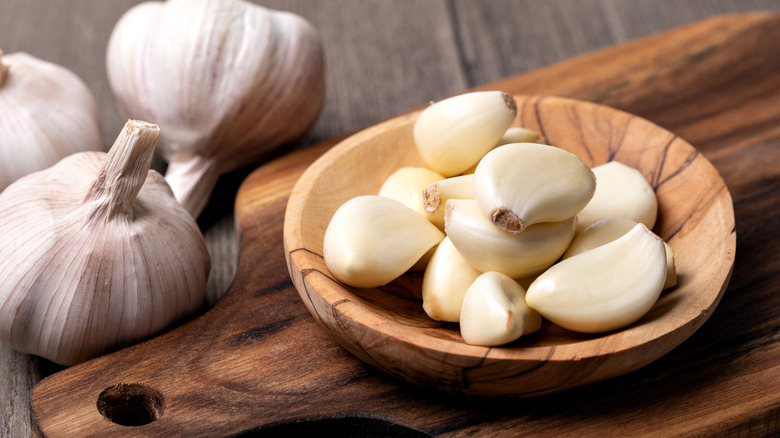the Pros and Cons of Garlic: A Flavorful Yet Potent Ingredient

Garlic, the aromatic staple in kitchens worldwide, is more than just a culi
nary delight. Known scientifically as Allium sativum, it has been used for centuries in both cooking and traditional medicine. But is garlic all it’s cracked up to be? Let’s dive into the pros and cons of this pungent bulb to see why it’s both loved and debated.
Pros of Garlic
-
Health Benefits Galore
Garlic is packed with nutrients like manganese, vitamin C, and vitamin B6. Its active compound, allicin, is known for its antibacterial, antiviral, and antifungal properties. Studies suggest garlic can boost the immune system, helping fight off colds and infections. It may also lower blood pressure and cholesterol levels, supporting heart health. A 2019 study found that regular garlic consumption could reduce the risk of cardiovascular diseases by up to 15%.
-
Culinary Versatility
Garlic’s robust flavor enhances dishes across cuisines, from Italian pastas to Asian stir-fries. Whether minced, roasted, or powdered, it adds depth and warmth to recipes. It’s a low-calorie way to elevate taste without relying on salt or unhealthy fats.
-
Natural Antioxidant
Garlic is rich in antioxidants, which combat oxidative stress and may reduce the risk of chronic diseases like Alzheimer’s and cancer. Its sulfur compounds protect cells from damage, promoting long-term health.
Cons of Garlic
-
Strong Odor and Breath Issues
Garlic’s biggest downside is its lingering smell. Eating raw or even cooked garlic can leave a potent odor on your breath and skin, which may persist for hours. This can be a social deterrent, especially in close quarters.
-
Digestive Discomfort
For some, garlic can cause digestive issues like bloating, gas, or heartburn, particularly when consumed raw or in large quantities. People with sensitive stomachs or conditions like IBS may need to limit their intake.
-
Allergy and Drug Interactions
Though rare, garlic allergies exist, causing symptoms like skin rashes or respiratory issues. Additionally, garlic can interact with certain medications, such as blood thinners, potentially increasing bleeding risks. Always consult a doctor if you’re on medication.
Conclusion
Garlic is a nutritional and culinary gem with immune-boosting, heart-healthy, and flavor-enhancing qualities. However, its strong odor, potential digestive issues, and rare allergic reactions are worth considering. Moderation is key—enjoy garlic’s benefits by incorporating it thoughtfully into your diet. Whether you’re tossing it into a sauce or using it as a natural remedy, garlic’s pros often outweigh its cons for most people. Love it or loathe it, this little bulb packs a big punch!


wow that’s good ideas